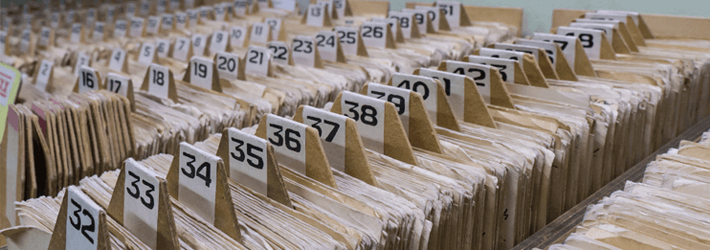Last Updated on June 18, 2020 by Satyendra
Data Classification is a hot topic at the moment, with a flood of vendors on the market offering classification functionality standalone or as part of a more comprehensive data security platform. With all the competing vendors and information out there on data classification software, it can be difficult to know where to start.
What is Data Classification?
Simply put, data classification is the process by which data is sorted into various categories by type, form or other distinct classes. By classifying data, you are able to separate it as per its content or use, or as per the requirements of the business. For example, perhaps your organization falls under the GDPR because you store, process or handle the data of EU citizens. In that case, you would need to be able to quickly identify all the data in your organization that falls under this regulation and tag it accordingly for quick and easy reference.
Why is Data Classification Important?
Data Classification can help an organization meet both the legal and regulatory requirements that come with the storing, handling or processing of sensitive data. Many regulations require organizations to be able to retrieve certain types of data within a certain timeframe. Data Classification makes this easy. The reason why data classification will be important to you will depend on the volume and type of data you store.
Key Questions to Ask When Choosing Your Data Classification Software
When choosing Data Classification software for your business, there is no one-size-fits-all. The right solution for you will depend on a variety of factors. Here I will list some key questions that you should ask when looking for data classification tools:
- Will it scale? Your organization may process huge amounts of data and the volume of data may be growing exponentially. You need to ensure that you identify data classification software that can vertically scale and support the potentially huge volumes of data you have. Try to think long term. You don’t want to be chopping and changing your data classification tool every few years.
- Where is my sensitive data stored? You need to first know where the majority of your sensitive data is stored. Very few vendors will be able to provide blanket data classification software for all platforms and storage devices. Choose a vendor that specializes in the areas where you keep sensitive data, whether that be File Server or even devices like USB drives.
- What type of data is supported? Similar to the last point, you need to know that the data classification software you choose supports all the file types in your organization that hold sensitive data (PDFs, CVS, .doc, .txt and more). Some data classification vendors will not be able to classify data across all file types.
- Is it going to make my life easier? One of the biggest challenges people have when taking on data classification is that it is a time consuming, complex and therefore frustrating process. The key benefit of a data classification solution should be to make your life easier. Look for a solution that can automate as much as possible and has a centralized console for easy management.
- What next? Once you have discovered and classified all your sensitive data in relation to the laws and regulations you are covered by, you may be tempted to think job done. This is not the case, unfortunately. You will need to manage the data, the interactions to it and the surrounding environment on an ongoing basis to remain lawful and compliant. Look for data classification software that is integrated into a more comprehensive data security platform. These solutions should be able to provide additional behavior reporting, and continuous auditing and monitoring for easier data management.
Data Classification in Lepide Data Security Platform
Lepide Data Security Platform offers data discovery and classification as part of its overall security and compliance functionality. The solution will enable you to classify data as per your requirements and then determine who has access to it, what they are doing with it and whether the surrounding environment is secure.
By using Lepide DSP there will be no need to integrate siloed solutions together into a costly and confusing cauldron (I’m proud of that alliteration). You can get all the key functionality you need in one place, from one centralized console.
If you’d like to know more, get in touch with us today or schedule a personalized demo.



